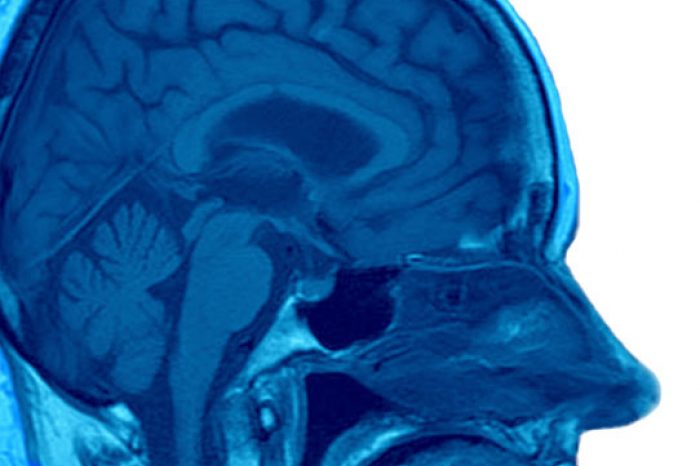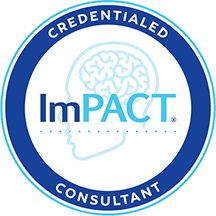
Concussions can be caused by a bump, blow or jolt to the head or body that disrupts brain function. Concussions a common in sports and recreational activity, car accidents or other events. The highest rates of emergency room visits in youth are for head injuries when participating in contact sports, including football, basketball, hockey, lacrosse, wrestling and soccer.
All 50 states have passed laws related to youth concussion prevention and management. In 2010, Massachusetts passed Chapter 166, An Act Relative to Safety Regulations for School Athletic Programs. Additionally, the Massachusetts Department of Public Health (MDPH) issued regulations that detail policies and procedures for those engaging in the prevention, training and return-to-school or athletics for students in grades 6-12. These regulations apply to ALL public and private middle and high schools that participate in the Massachusetts Interscholastic Athletic Association (MIAA).
In a recent study out of Boston University, most athletic directors for Massachusetts schools gave physicians only a moderate rating on knowledge of sports concussions. Only 76% of physicians were estimated to be knowledgeable about concussions. In this survey physicians ranked lower than school nurses, athletic trainers and coaches on perceived knowledge of sports concussions and compliance with regulations (Howland et al. 2020).
In another survey of Massachusetts primary care physicians, only 74% had taken the required training courses on concussions despite a regulatory mandate to do so (Flaherty et al 2016).
Based on the current data 1 in 4 physicians in Massachusetts may lack the knowledge to safely assess for a concussion and guide return-to-school and return-to-sports decisions. These typically require access to baseline neuropsychological testing, continued neuropsychological testing and communication with the schools to develop an appropriate plan. The state recognizes the need to help healthcare providers who are not familiar with concussion management, and has published return-to-school guidelines (available here).
Concussion specialists know that every concussion is different and treatment should be specific to your case. Decisions about when to return-to-school and when to return-to-sport can be complex. Most children and teens need help with timing of these decisions and making academic adjustments as they return to school.
Dr. Sussman has additional training in concussion management and is a Certified ImPACT Consultant (CIC). To schedule an appointment call (781) 591-7855 or email at info@BSBortho.com.

References
Flaherty MR, Raybould T, Jamal-Allial A, Kaafarani HM, Lee J, Gervasini A, Ginsgurg R, Mandell M, Donelan K, Masiakos PT. Impact of a state law on physician practice in sports-related concussions. J Pediatr. 2016.
Howland, J., Campbell, J., Brown, L. et al. Perceptions of implementation of Massachusetts sports concussion regulations: results of a survey of athletic directors. Inj. Epidemiol. 7, 13 (2020).
Massachusetts Department of Public Health. Returning to School after concussion. Boston: Guidelines for Massachusetts Schools; 2018. Available from: https://www.mass.gov/files/documents/2018/07/27/Returning%20to%20School%20After%20Concussion.pdf. Cited June 2021.
Is stem cell therapy better than cortisone for knee arthritis? Learn the differences, risks, benefits, and long-term results of cortisone vs stem cell knee injections.
Read More